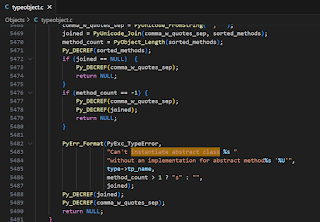I've recently spent a few days in Budapest. This has been my third time there and I intend to write a post about my impressions of the city (about architecture mainly) but this is going to be just a short post about food!
I like Hummus a lot. Furthermore we can say that sometimes when being abroad it's an essential part of my diet. In cities where I can not find particularly interesting and reasonably priced food in restaurants, going to the supermarket and buying an hummus box is an excellent option. I remember than when I was in Copenhagen I mainly survived on hummus. Apart from the different hummus types that you can find in supermarkets (classic, with paprika, with beetroot, with olives, spicy...) and the classic hummus that you find in the average Lebanese restaurant, there's much more to it.
When looking into what to eat before my first visit to Budapest in 2009 I had found an Hummus restaurant (indeed it was a chain of at that time 3 restaurants I think), proposing different varieties of hummus. I think it was advertised as "Israeli Hummus Restaurant" or something of that sort. I was there a couple of times I think (during that stay and in 2012), having classic hummus (with tehina and paprika). It was very good, but not something to keep coming in my dreams.
Before my recent trip I took a look to see if the restaurant still existed, and hopefully it does, and indeed has grown. Now it's a franchise that has expanded from Hungary and set shops in different countries, and now it has like 10 locations in Budapest. The menu has expanded and it's not just hummus (and falafel) and has influences from different oriental cuisines (unfortunately there are also some meat options, that I'm not sure they had in the past). The menu is almost the same in all shops, but with some differences. Some locations have a larger menu with some additional options, for example (vegetarian) couscous soup (I tried it in one of them and was pretty good). The menu had some really appelaling options, and I ended up having lunch and/or dinner there most days. I tried the hummus with mushrooms and the hummus with aubergines, both of them very good, but the outstanding option is the shakshuka hummus. This is what the menu has to say about Shakshuka
The legendary tomato and pepper gravy, cooked with sunny eggs, served with parsley and warm pita
And yes, it's really epic, absolutely delicious. The mix of hummus with that so tasty tomato sauce is magic. This has brought me memories of a place in Stockholm Reggev hummus. When I was in Stockholm I went there everyday for dinner, to have a delicious hummus with aubergines, paprika and tomato sauce. The owners of the restaurant were Israeli, so it seems like that country has something special with hummus. Buff, I'm salivating now.


